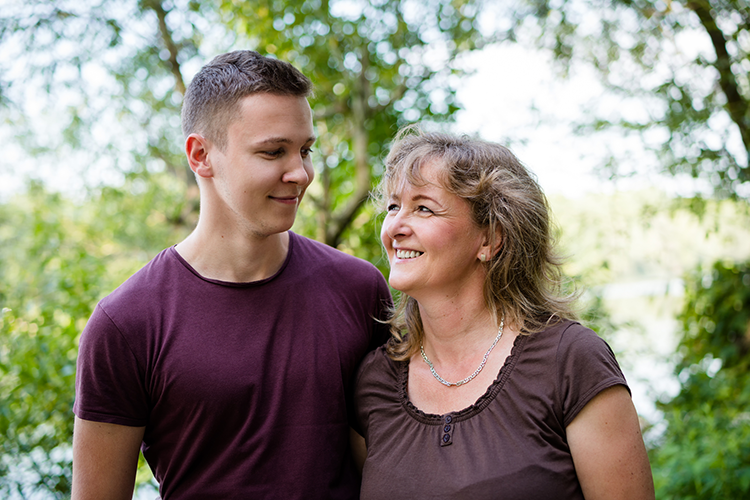HELP A LOVED ONE
Help A
Loved One
If someone has reached out to you for support after a sexual assault, your response is very important. If your loved one is in need of immediate care, please refer to the “Get Help” page or call our 24-hour helpline. Our hotline advocates are also available to support you, as someone who is also affected by this experience.

How To Help
When a victim-survivor of sexual violence discloses their experience to you, it is important to:
Allow them to speak without interruption until they are done. Thank them for trusting you with their story and assure them you do not doubt their story. Assure them that this experience was not their fault. Offer to help them access resources but let them decide what to do next and support their decision.
It is important to let them know that you believe what they are telling you and do not blame them for what happened. Here are some ideas for what to say:
“I believe your experience happened as you say it did.”
“You are very brave for reaching out to talk about this.”
“I’m here to support and listen to you.”
“You did nothing to deserve what happened to you."
"This experience is not your fault."
“You can take breaks anytime while we talk about this.”
Do not make promises you may not be able to keep. If you are not able to offer ongoing support, offer suggestions for where they might reach out for other support. If you are able and willing to continue being a part of their healing process, here are some ideas for what to say:
“What can I do to best support you right now?”
“I am here to support you in whatever you choose to do next.”
“Are you interested in learning about some resources?”
“Are you interested in reporting to law enforcement?”
“I’m here to help in whatever way sounds best to you.”
“If you want to talk again another time, I am available.”
Learning that a loved one has had an experience of sexual violence can be very upsetting, difficult, and may even bring up your own trauma history. Please take the time to care for yourself and reach out for support if you need it. CARE services, including therapy, are available to friends and family members of victim-survivors. Visit this page, Therapy & Support Groups, or call our office at (410) 857-0900 for more information. Here are some ideas for self-care:
- Cook or eat a meal and make sure you are sleeping enough.
- Spending relaxing time with friends and/or loved ones.
- Talk with a counselor, therapist or trusted friend.
- Meditate or breathe mindfully for 3-5 minutes at a time.
- Practice yoga, stretching, or other form of exercise.
- Take a shower or bath and use a favorite lotion.
Responses to AVOID
A positive and supportive response can make a huge positive difference for a victim-survivor of sexual violence, but a negative or hurtful response, even if unintentional, can be very damaging or re-traumatizing.
Below are some things to avoid. If you have responded in any of these ways in the past, you can still be supportive in helpful ways moving forward. Please reach out for support for yourself if you need it.
Victim-survivors of sexual violence have been through an experience where power and control were taken away from them, and it is important to allow them to make their own decisions about the next steps. Do not assume what they want to do or decide what they should do next. Do not try to treat them differently or as if they are damaged. Do not try to distract them or get them to talk about something else, unless they explicitly ask you to do so. Keep confidence and maintain their privacy, unless you are required to report by mandatory reporting laws. If you are a mandatory reporter and must report, be honest about the next steps you must take and offer for them to be present while reporting if they would like to be.
Sexual violence is never the victim-survivor’s fault. Do not ask “why did you” or “why didn’t you” questions. Do not ask about what they were wearing, drinking habits, their relationship with the perpetrator, or their sexual history. Do not ask whether they fought back, screamed, or said “no.” Do not try to soften or justify the perpetrator’s actions. Do not minimize or trivialize their experience by saying it could have been worse or using statements that include “at least.”
Even if you care deeply about the victim-survivor and want to support their healing, some statements can be harmful, even if unintentional. Here are some things to avoid saying to a victim-survivor:
“It couldn’t have happened that way.”
“You have to report this and press charges right away.”
“I am so mad at [the perpetrator]. I can’t believe they did that!”
“I am devastated. This is an awful story to hear.”
“Let’s talk about something else less upsetting for you.”
“You just need to _______ and it will be fine.”

